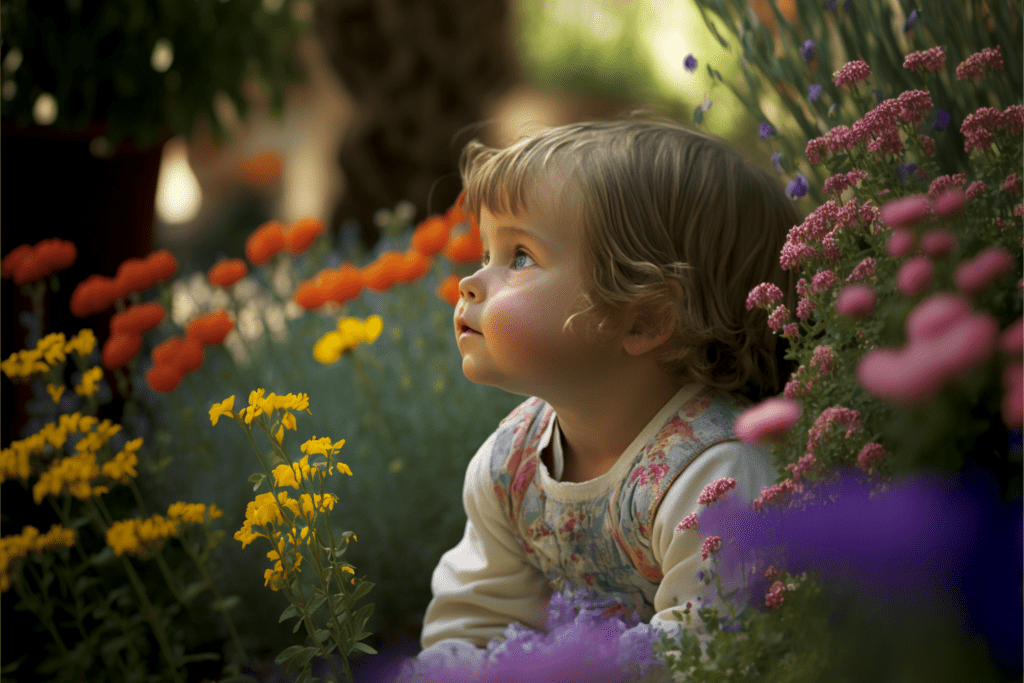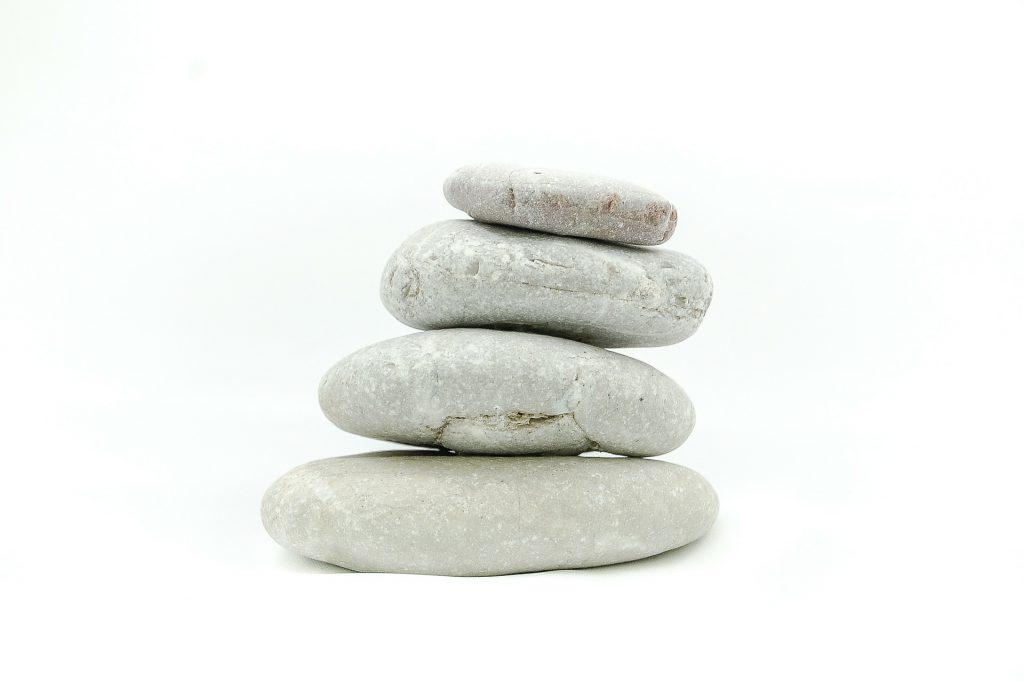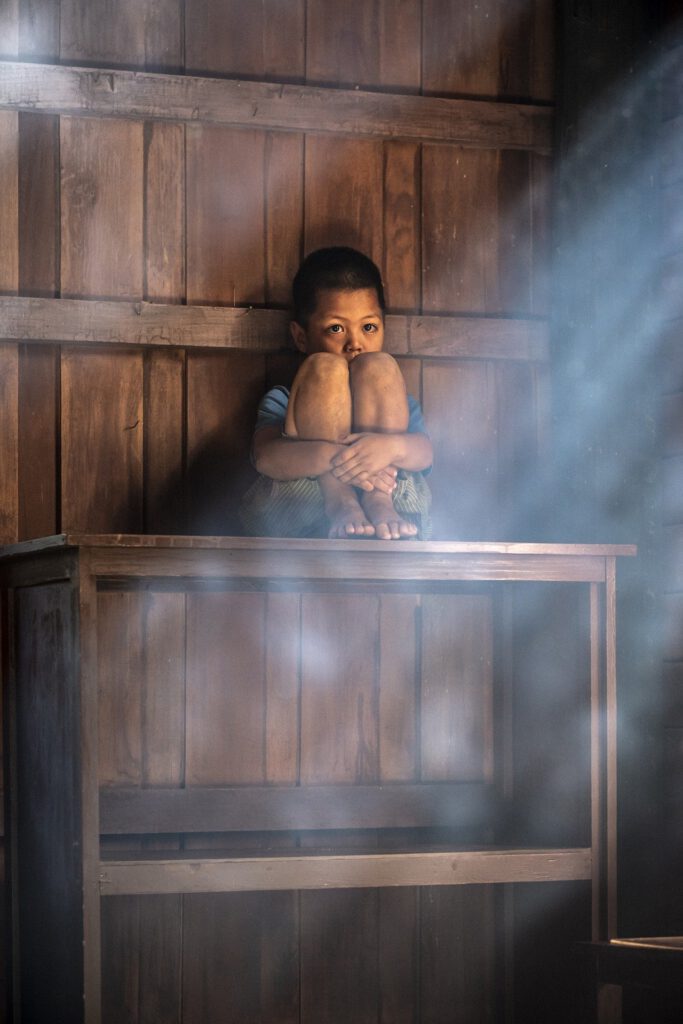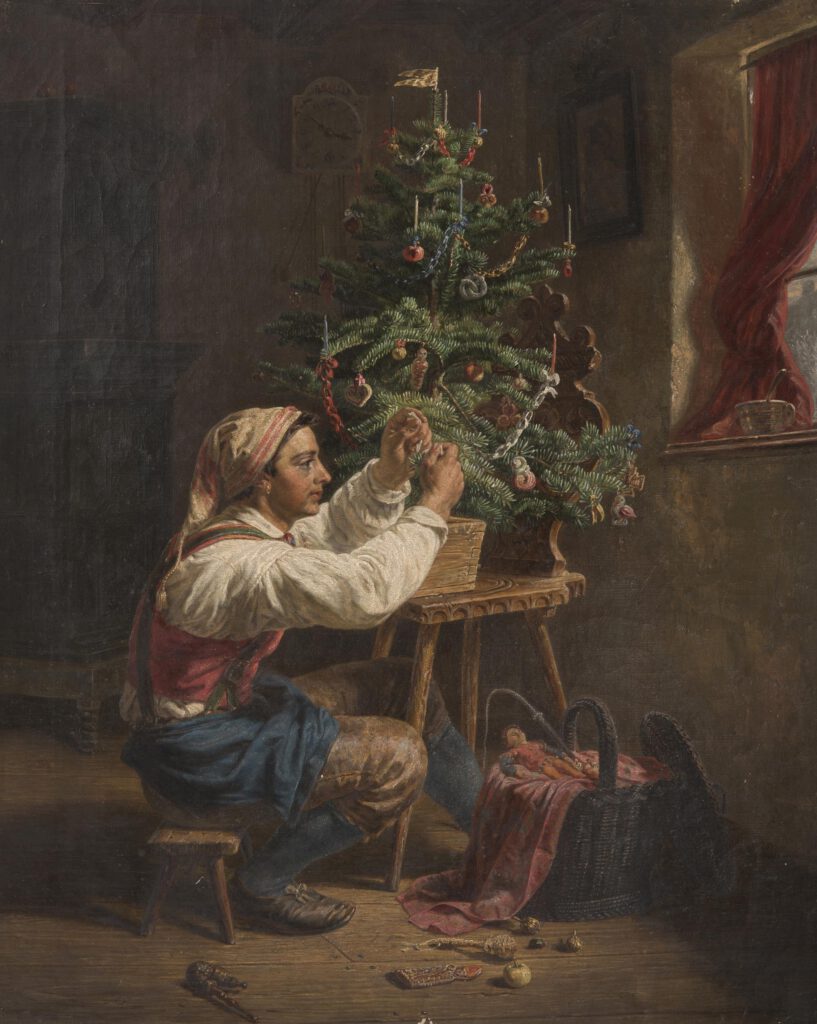Childhood trauma – forms: These are the most important cPTSD symptoms
Childhood trauma – cPTSD Symptoms Childhood trauma (cPTSD) as a result of abuse and neglect leads to manifold disorders in a wide variety of areas, especially in the control of emotions, self-perception, sexuality or the shaping of relationships. In addition, there are changes in self-perception and personal values and beliefs within the framework of a […]
Childhood trauma – forms: These are the most important cPTSD symptoms Read More »




